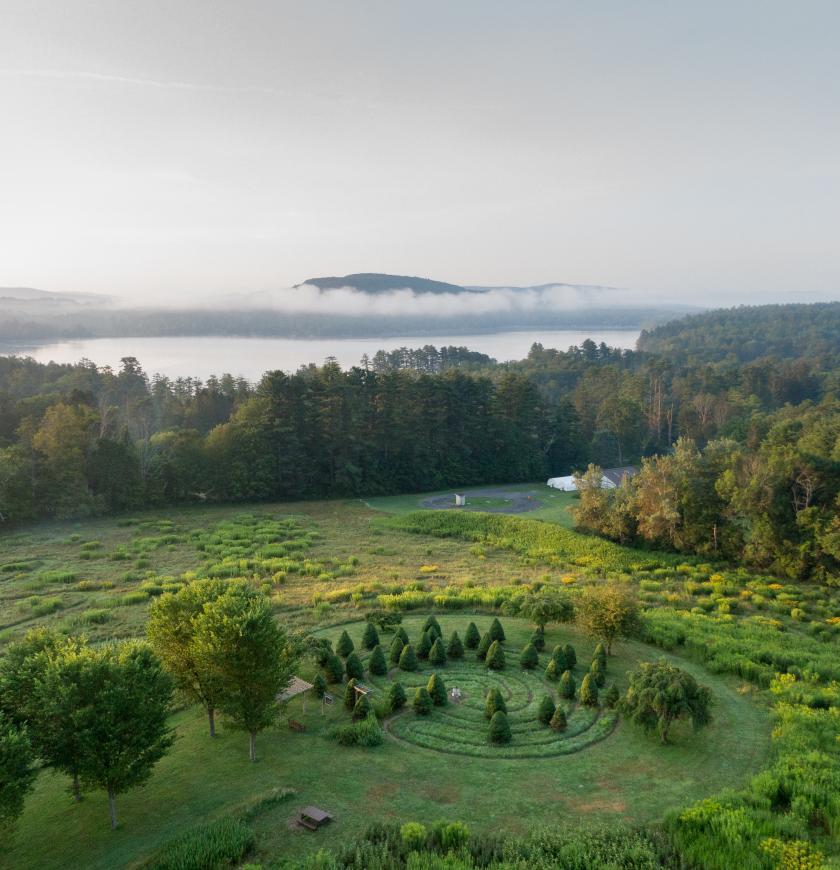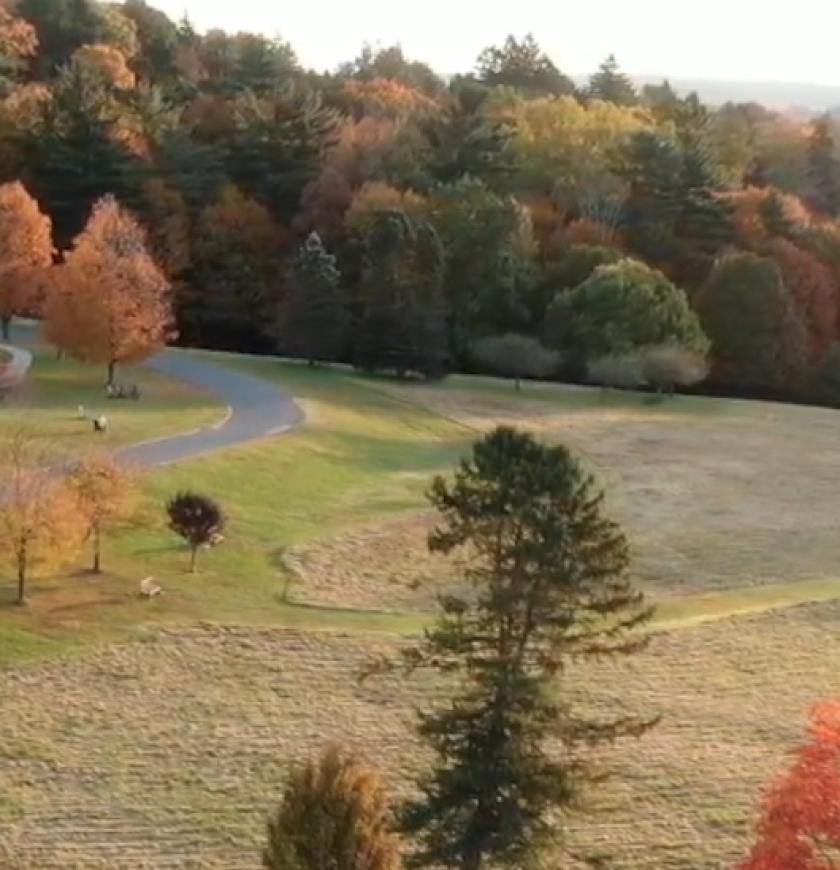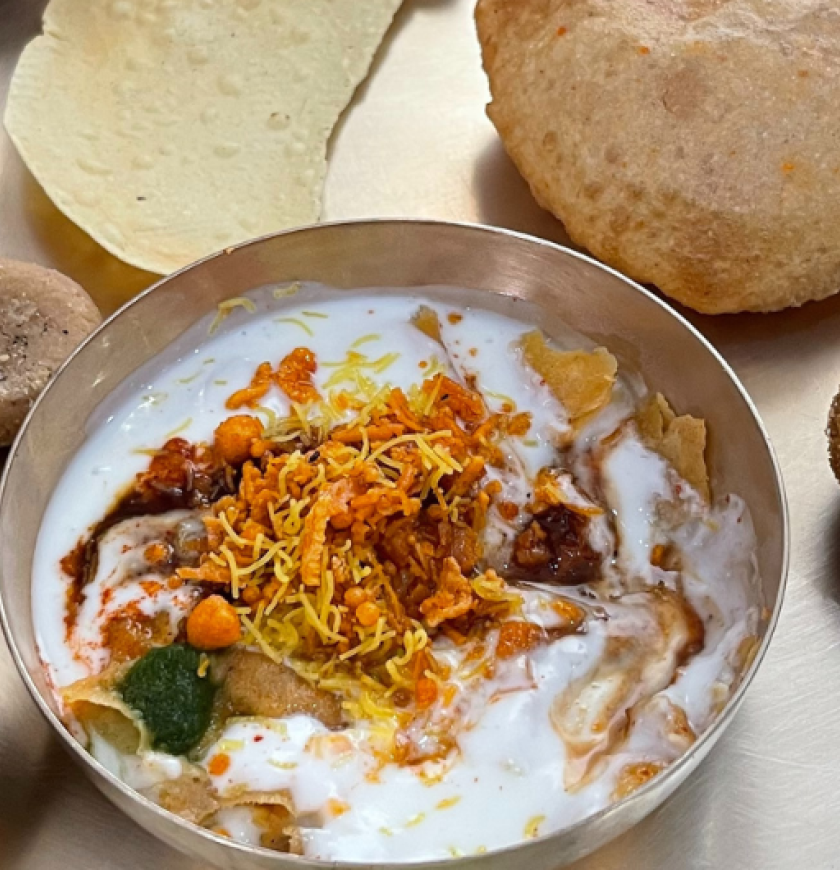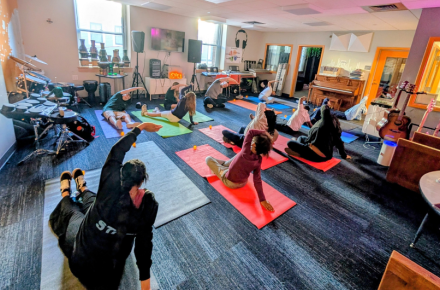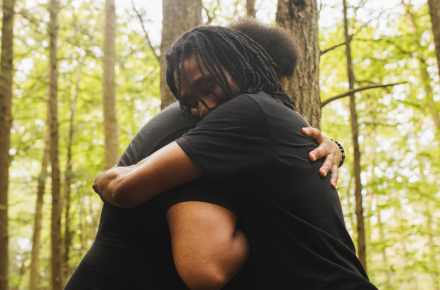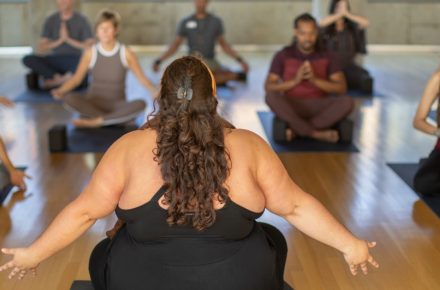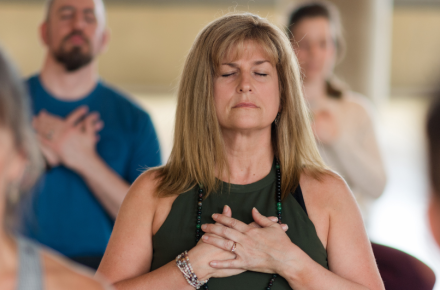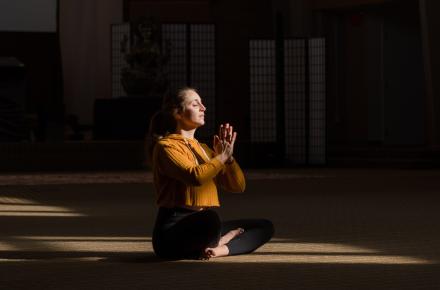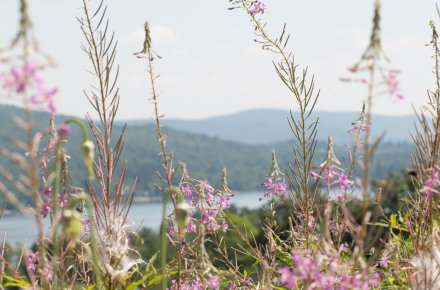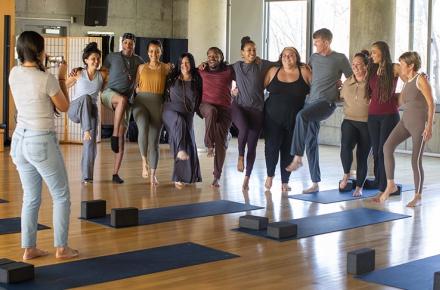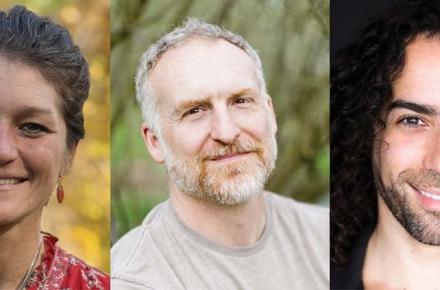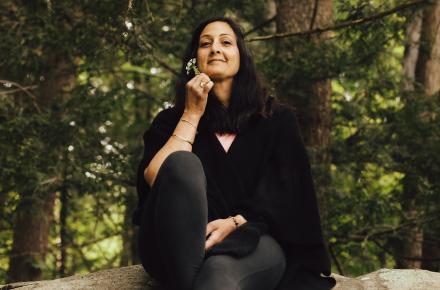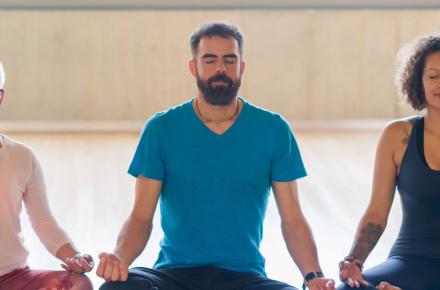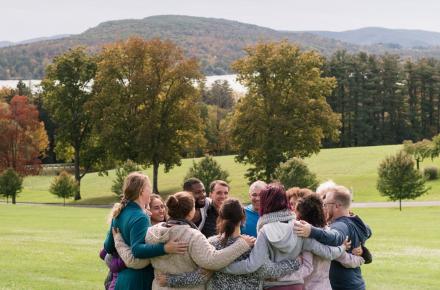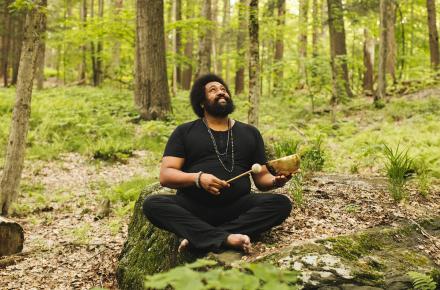The Gift: Living a Life of Purpose and Meaning

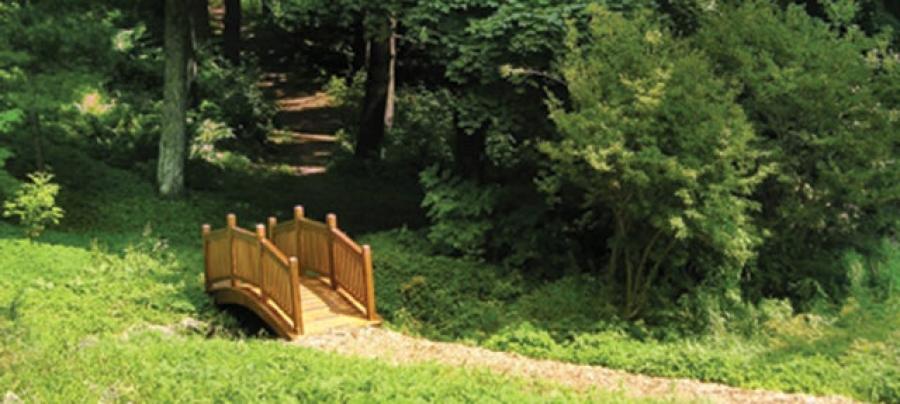
Do you have a clear sense of your purpose in life?
I’m asking all my friends this question these days. I guess I’m preoccupied with it because I’m going through a phase—at midlife—of wondering about my own life.
You’d be surprised at the answers I get. Many of us, it seems, are a little vague about what it is we want. Or even utterly confused.
Poet Mary Oliver poses the question in a more lyrical way: “What will you do with your one wild and precious life?”
This is tricky territory. After all, we don’t want to indulge in grandiose and unrealistic ideas about our lives. That will only lead to suffering, for sure. But still…Could there be something more?
What is an extraordinary life? And how does it differ from an ordinary one? Let’s face it—just getting through life with a modicum of dignity and integrity and heart is a heroic act.
One of the central archetypes of the yoga tradition is the fully alive human being: the jiva mukti—the soul awake in this lifetime. Indeed, yogis constantly ask themselves the questions: What does it look like when a human being functions on all cylinders—body, mind, and spirit?
Early yogis believed that every human being is born with a special gift. This gift, for each of us, is the doorway to a fulfilled life. It is the doorway to our own particular path, our calling. Yogis called this vocation our dharma. All of life is seen as an opportunity to realize and manifest this unique calling. For these yogis, the whole world was seen as a vast net woven together in space and time—not unlike our notion of the quantum field. This was called Indra’s Net, and at the intersection of each warp strand and woof strand of this net is a jewel. This jewel represents an individual human soul. And it is that soul’s duty to hold together its particular part of the web by being its own unique jewel-like self. In this way, the whole universe holds together as one great interlocking field.
At Kripalu, we work extensively with the perils and possibilities of the gift. We work with musicians, athletes, artists, corporate executives—and really with anybody who is interested in taking responsibility for their gift. Through our interactions, we’ve discovered several interesting—and often counterintuitive—truths about the gift:
The gift requires practice. This sounds odd. It seems as though the gift should be free—that perhaps we should come out of the womb playing the violin brilliantly. But alas, no. The gift is only a possibility. A seed. In order to be fulfilled, it requires love, faith, nurturing, and systematic and intentional development.
Our work with talented musicians sheds light on this: two decades of research on so-called “greatness” shows that the greatest musicians are not the ones with the most facility—those kids who actually did play the violin at age six—but those who practiced deliberately and skillfully and tenaciously over long periods of time. Once you have an inkling of your gift, it is your responsibility to help create the conditions under which it can flourish.
The second surprising discovery? We’ve noticed that the gift is often paired with a wound. Strangely, our greatest strength (and greatest possibility) seems to be routinely paired with our greatest limitation. They are born together, like twins. This means that many of us must discover our gift in the very heart of our suffering, our struggle.
Katherine, a successful poet with whom we worked, found that her considerable gift for poetry emerged out of the difficult circumstances of her life—her suffering as a child in an abusive family situation and the early death of her beloved mother. It was through her faithfulness to her gift for words that she found a way of turning her wound into immense light. She practices her gift relentlessly, and as part of her practice usually writes a poem every day. This practice, she believes, has gradually transformed her suffering into wisdom.
The third surprise? The full flowering of the gift is usually paired with a sacrifice of some kind. For most of us, fully choosing the gift will mean giving up something else. Maybe even giving up something that seems very important—maybe even something of apparent good in our lives. It is useful to remind ourselves that the word “decision” comes from the Latin decidere, which means “to cut off.” Full devotion to the gift may require us to cut off other paths—to focus our energy and our passion in a one-pointed way.
Walt Whitman was in the final stages of revising his brilliant collection of poems, Leaves of Grass, when he experienced a call—an interior call—to nurse the wounded soldiers of the Civil War. The power of this call forced him to confront a difficult reality: In order to be faithful to his call to help the suffering, he would have to give up (at least for a time) his passion for the practice of poetry. The times had called Whitman into a difficult choice between two apparent “goods.” As it turned out, Whitman poured out much of his life force in his nurturing of wounded and dying soldiers, and was never again fully able to return to the poet’s life he had left. His critical decisions in service of his dharma gave his actions great power, directionality, and certitude.
But—some of you will ask—can’t the devotion to the gift, then, become selfish and self-centered? Our investigations at Kripalu reveal just the opposite. It turns out that for each of us, the gift is our own unique doorway into a connection with the whole.
Consider Henry David Thoreau, who followed his idiosyncratic calling with great courage. It took him initially into a life of quiet retreat to Walden Pond—where he was widely considered a ne’er-do-well and a loser. But there by the pond, faithful to his gift, he wrote the great works that connected him with the universal strivings of humankind. He wrote Walden. He wrote “On Civil Disobedience”—an essay that deeply influenced Gandhi and Martin Luther King, Jr.
What is your gift?
My challenge to you is to look deeper. Take this “one wild and precious life” seriously. In our work at Kripalu, we have never encountered a single person who was not able to find—often right under their noses—the power of the gift in their lives. And having made that discovery, to find the possibility of truly living as a soul awake in this lifetime.

